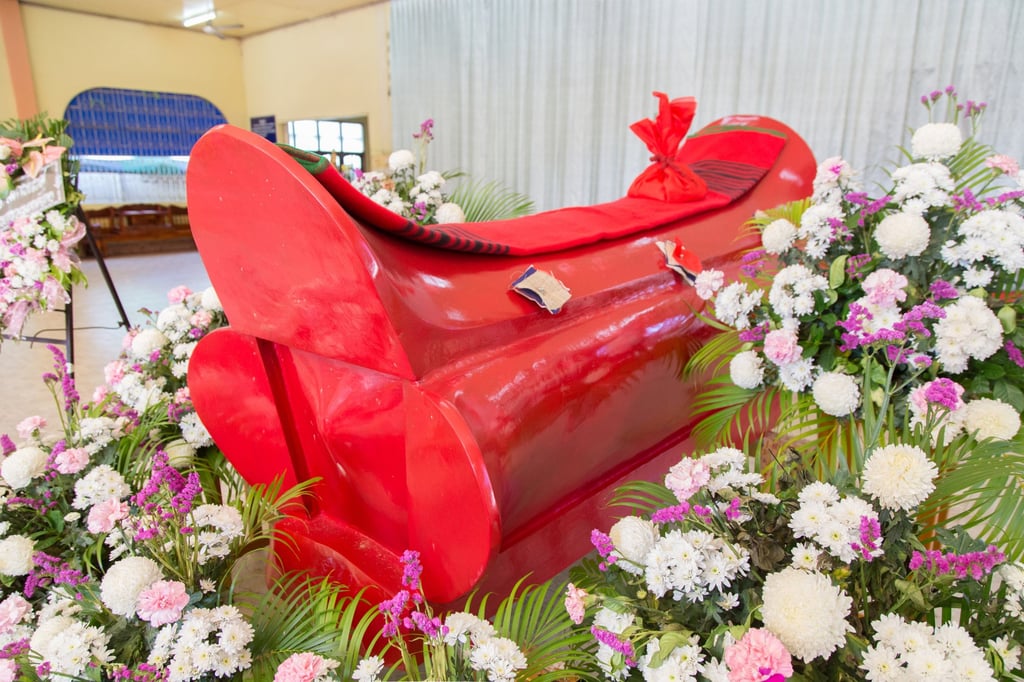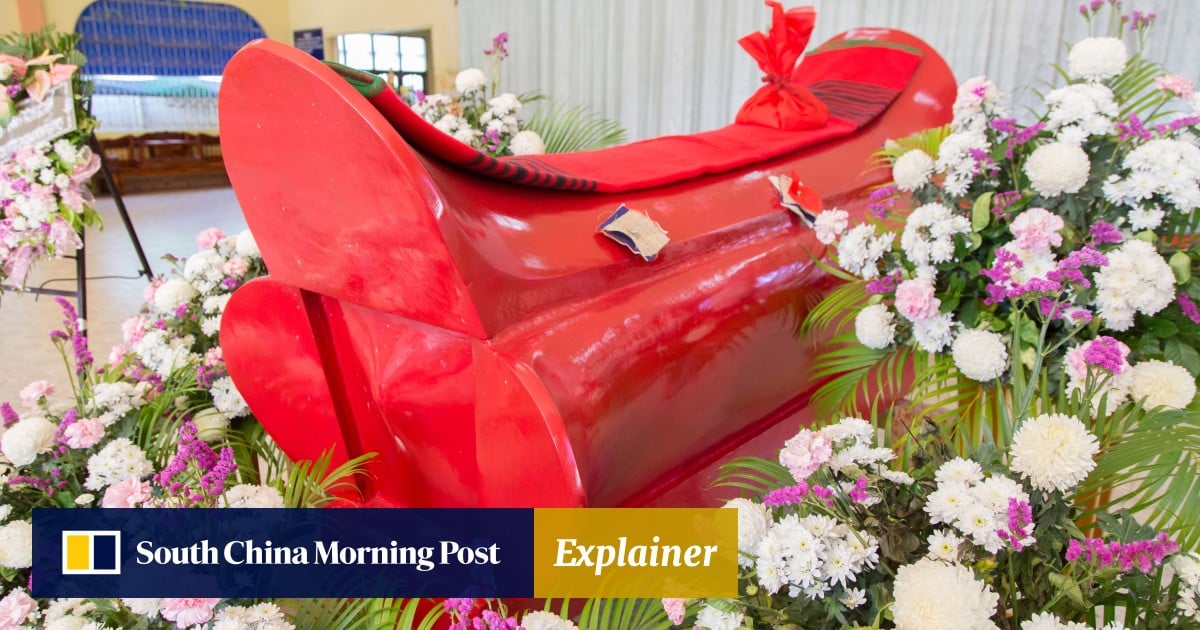
The most basic rule to observe in Chinese funerals pertains to the age of the deceased and those paying their respects.
In Chinese tradition, it is considered inauspicious for a “grey-haired person to send off a black-haired person”, as the saying goes. It should always be the young who pay their respects to the old.

In the unfortunate case of a child dying, the parents traditionally do not offer prayers nor hold a funeral. The child is buried in silence.
When an elderly person dies, all statues of deities in their house are covered with red paper so as not to be inadvertently disrespected by exposure to death.
Traditionally, mirrors are removed from the home of the deceased. There are many reasons behind this; one being to prevent the deceased’s soul from trying in vain to see its reflection.

Some Chinese families will take precautions to ensure evil spirits do not follow them home after a funeral. One common practice is to put out a bowl of water infused with pomegranate before leaving home.
Funeral parlours sometimes leave a bowl of pomegranate water at the exit for guests to wash their hands and faces with.
Although the initial mourning process is spread over a few days in Chinese culture, the soul of the deceased is believed to embark on a much longer journey, for which they might benefit from some help from this side.
In Chinese culture, souls are believed to go through a final judgment upon the death of the body. If a person has been bad in their lifetime, their soul may be tortured until they are absolved of their sins. Only then can they be reincarnated.
Various rituals have been developed in different parts of China to expedite the release of a deceased person’s soul from purgatory.

The most common way is by enlisting the help of monks, who pray and chant verses of Buddhist or Taoist scriptures.
In Hong Kong and other parts of southern China, a more elaborate and theatrical Taoist ritual called “breaking the hell’s gate” is carried out to help souls escape.
For this ritual, a Taoist priest builds a small structure with tiles (to represent the gates of hell), and places a small pot of boiling oil at the centre (to represent hell), eggs (to represent the soldiers guarding the gate), candles and joss sticks.
The monk, dressed in a traditional Taoist robe and headwear, then dances around the structure while swinging around a sword adorned with joss paper, to the fast beat of Chinese drums and cymbals.
The ritual intensifies as the monk sets the joss paper alight and begins to hop over the burning structure while spitting water into the pot of boiling oil, causing the fire to flare up.
The monk finally breaks the structure with his sword, which signifies the deceased soul’s successful release from purgatory.

